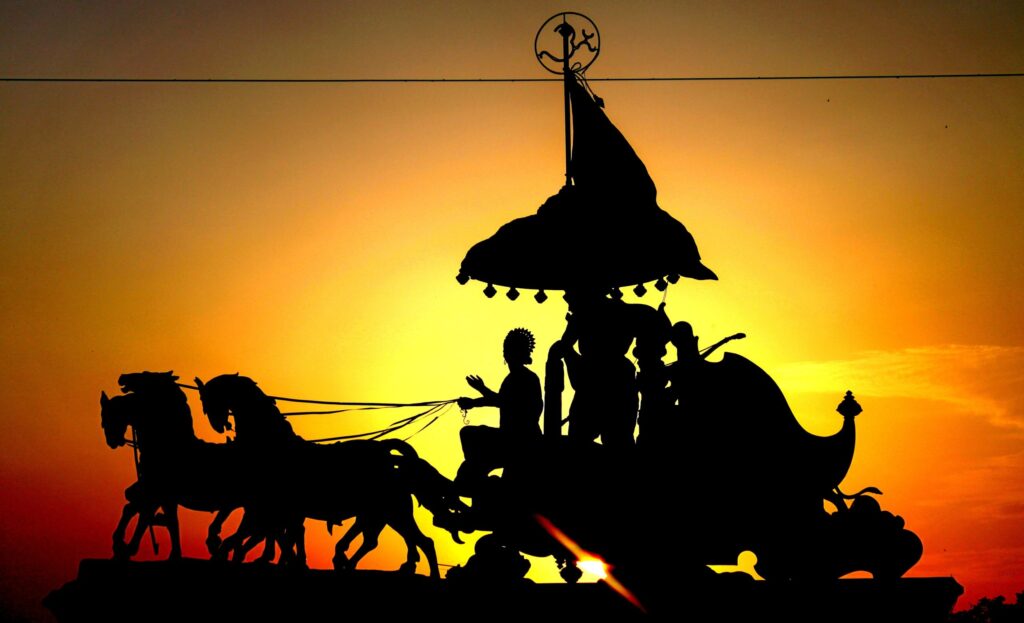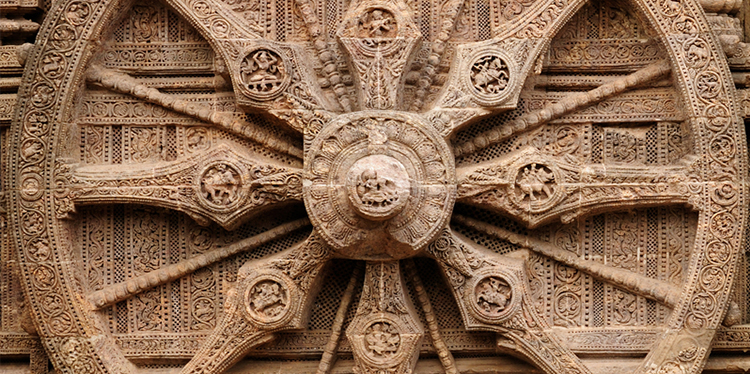Many Truths of the One Reality

There is a well-known, much celebrated Hindu adage. It is often engaged as a Hindu way of understanding the diversity of religious traditions in the world. This adage is often worded in the following way: “Truth is one. Paths are many.”[i] Another rendering of this adage goes like this: “Truth is one. Sages call it […]
The Dharma Traditions of India

Among the religious and spiritual traditions of the world, the traditions born in the Indian sub-continent, belong to a family. They were all born from the great mother tradition called “Sanatana Dharma” that can be translated as “Eternal Dharma”. In fact the word “Religion” itself is a category of thought that is of Western origin […]
The Three Motivations for DCF’s work

There are fundamentally three motivations for funding the study of Dharma in general and Hindu Dharma in particular, in main-stream academic Universities that underlie the work of Dharma Civilization Foundation. I. Engage the students of the diaspora. We believe that an intellectual engagement with the authentic teachings of Hindu Dharma is often […]
The Why of DCF

One of the foundations of Indian Civilization (also called Indic or Bharatiya – to use a Sanskrit word) is the conception of the human potential for spiritual and transcendental realization. The primacy accorded this tendency towards the spiritual and transcendental, as well as the great plurality of perceptions of ultimate reality and the multiplicity of […]
The Two Visions of India

There are two dominant ideas of India, at least, playing out as the great Secular–Communal divide in the theater of India’s political battleground – its own modern day Kurukshetra. On the one hand is the idea that the entire past civilizational heritage of India, its spirituality, its religion, culture and traditional wisdom is an unnecessary […]
The Lens of Suspicion

When approaching the systematic academic study of Religion in academic settings, there are two fundamental positions that a scholar may lean towards – the position of a believer of the faith tradition, or the position of a dis-believer. While these two positions – belief and dis-belief are two ends of a spectrum of possibilities, any […]
Studying Hinduism through the Lens of Suspicion

The phenomenon of how the secular orientation expressed through the hermeneutics of suspicion distorts the study of Hinduism is best illustrated through the use of some examples. Here is a Marxist view of the Caste system – Varna and Jati as it obtained in India. A Classification system like that of Varna is ultimately the […]
